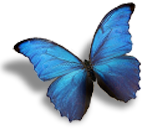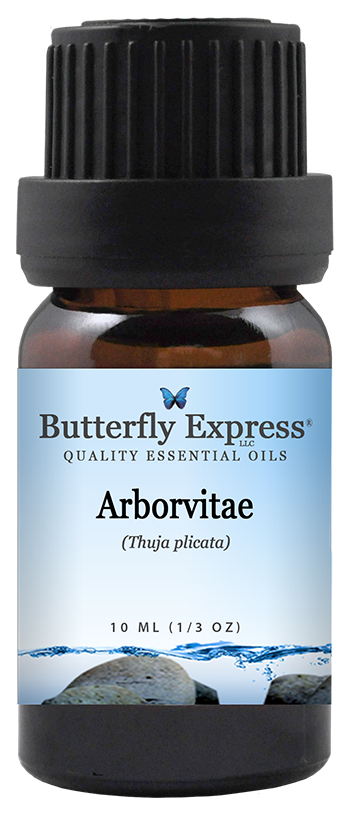Arborvitae
(Thuja plicata)
THERAPEUTIC PROPERTIES: antimicrobial, antibacterial, nervine, expectorant, immunostimulant, diuretic, cell regeneration
AFFINITY FOR: skin, immune system, respiratory system, nervous system
RESONANCE: physical, emotional
PLANT FAMILY: Cupressaceae
PART UTILIZED: wood
EXTRACTION METHOD: steam distillation
AROMATIC CONSIDERATIONS: Arborvitae has a sharp, fresh, woody aroma with earthy tones.
APPLICATION: Arborvitae should be diluted well.
EMOTIONAL - SPIRITUAL - MENTAL ASPECTS: Arborvitae stands tall over the forest protecting all who would take shelter under it, giving us time to ground and rejuvenate ourselves. Arborvitae allows us to stop, rest, and then reset and continue our journey refreshed. Stable and tall, Arborvitae has its roots deep in the ground and its branches high in the sky, showing us that we can stand firmly rooted in ourselves and still bend and give with life’s challenges.
PHYSICAL ASPECTS: Arborvitae (thuja) has been used for an insect repellent, to purify the air, and can be used to help such conditions as bronchitis, bacterial skin infections, and cold sores. Arborvitae promotes clear, healthy skin, and when rubbed in the joints helps joint pain, osteoarthritis, and muscle pain. It is used for painful conditions including nerve disorders and is helpful for trigeminal neuralgia. Arborvitae promotes healthy cell function and has been shown to retard the spread of malignant cells into surrounding tissues.
GENERAL INFORMATION: Known as the “tree of life,” Arborvitae is also known as the Western Red Cedar. Massive in size, the tree can reach up to 230 feet tall. Native to North America (primarily Canada and the Northwestern United States) Arborvitae was used extensively by Native Americans for health reasons, as well as to build boats, baskets, and clothing.
CAUTIONS: Do not use when you are pregnant or nursing, or for those suffering from seizure disorders. Arborvitae may cause skin sensitivity. Do not use on children.
©Copyright Butterfly Expressions 2020, 2021

